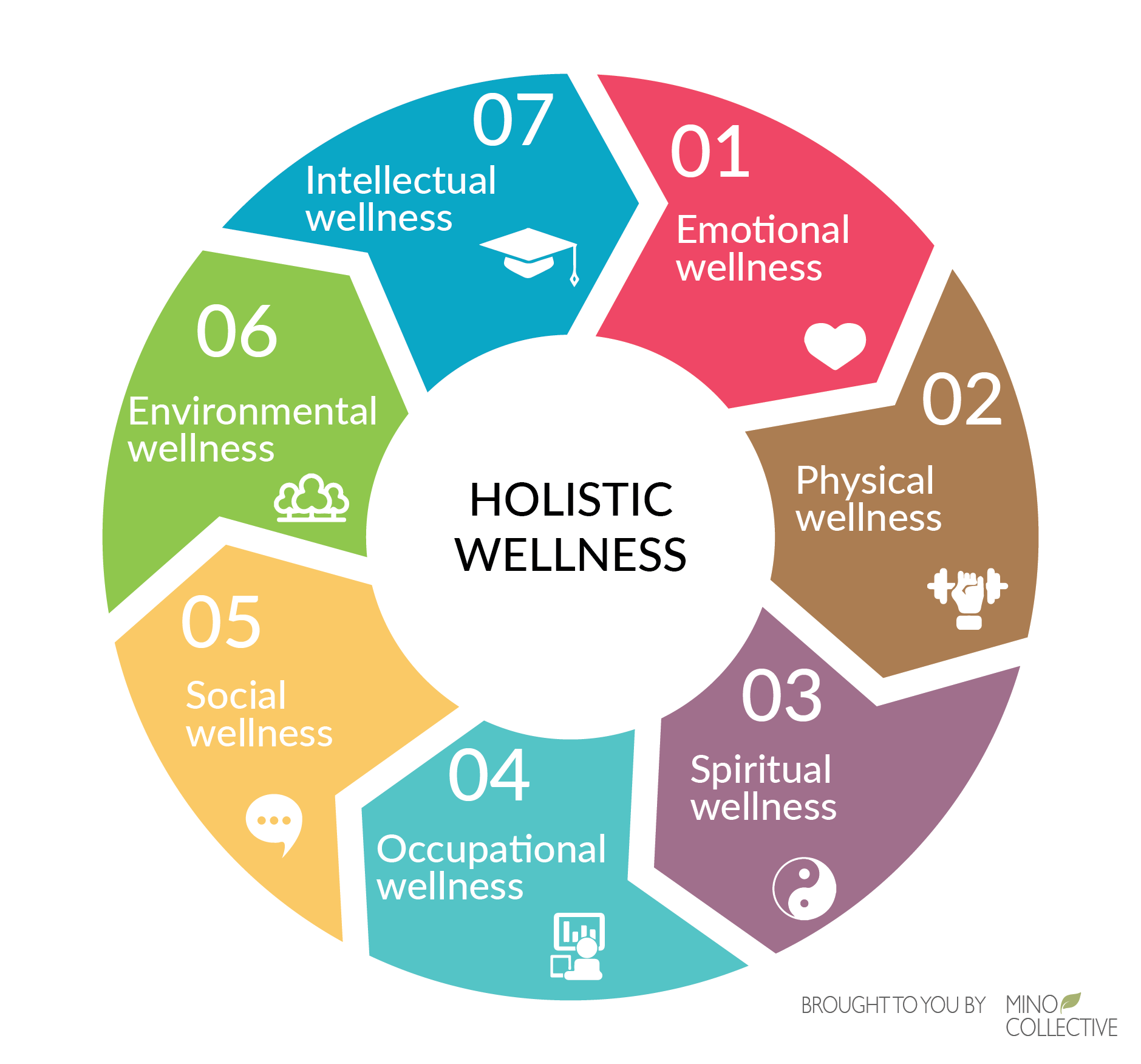In the pursuit of optimal health and wellness, the mind-body connection emerges as a fundamental principle that transcends conventional boundaries. This intricate relationship between our thoughts, emotions, and physical well-being plays a pivotal role in shaping our overall health outcomes and quality of life. In this article, we embark on a journey to explore the profound implications of the mind-body connection and its transformative potential for holistic wellness.
Understanding the Mind-Body Connection:
At its core, the mind-body connection underscores the profound interplay between our mental and physical states, highlighting the intricate ways in which our thoughts, emotions, and beliefs influence our physiological responses. This symbiotic relationship forms the basis of various mind-body practices and therapeutic modalities aimed at fostering harmony and balance within the individual.

Key Components of the Mind-Body Connection:
- Mindfulness and Meditation: Mindfulness practices, including meditation, breathwork, and mindful awareness, cultivate a state of present-moment awareness and inner calm. By quieting the chatter of the mind and tuning into the sensations of the body, individuals can enhance their capacity for self-awareness, stress reduction, and emotional regulation.
- Stress Management: Chronic stress is a pervasive health concern that can adversely impact both mental and physical well-being. Mind-body techniques such as yoga, tai chi, and progressive muscle relaxation offer effective strategies for managing stress, promoting relaxation, and restoring equilibrium to the nervous system.
- Emotional Resilience: Cultivating emotional resilience involves developing adaptive coping strategies to navigate life’s challenges with grace and fortitude. Practices such as cognitive-behavioral therapy (CBT), positive psychology, and self-compassion cultivate resilience by fostering a growth mindset, reframing negative thought patterns, and nurturing self-acceptance.
- Physical Health and Wellness: The mind-body connection extends to our physical health, influencing factors such as immune function, inflammation, and pain perception. Integrative approaches to healthcare, including acupuncture, chiropractic care, and mind-body medicine, recognize the interconnectedness of mind and body in promoting overall wellness.

Benefits of the Mind-Body Connection:
- Enhanced Well-being: By fostering harmony between mind and body, the mind-body connection promotes a sense of wholeness, vitality, and resilience.
- Stress Reduction: Mind-body practices empower individuals to manage stress more effectively, reducing the physiological and psychological toll of chronic stress on the body.
- Improved Health Outcomes: Research suggests that mind-body interventions can complement conventional medical treatments, enhancing recovery rates and improving quality of life for individuals with chronic health conditions.
In conclusion, the mind-body connection offers a profound framework for understanding the intricate interplay between our mental and physical well-being. By cultivating awareness, resilience, and self-care practices that honor this holistic relationship, individuals can unlock the transformative power of mind-body integration and embark on a journey to holistic wellness.
Keywords: mind-body connection, holistic wellness, mindfulness, meditation, stress management, emotional resilience, integrative health, holistic approach, wellness practices.
Also Read:
- Exploring the Benefits of Alternative Therapies: From Acupuncture to Aromatherapy
- Exploring Integrative Approaches to Health and Wellness: A Holistic Perspective
- Discovering Joy: Finding Hobbies and Activities that Bring Fulfillment
- Building a Sanctuary: Creating a Healthy Home Environment for Well-being
- Unlocking the Power of Quality Sleep: Strategies for Better Mental Health
- Seeking Professional Help for Mental Health: Therapy, Counseling, and Support Groups
- The Crucial Role of Self-Care and Self-Compassion in Nurturing Well-being

